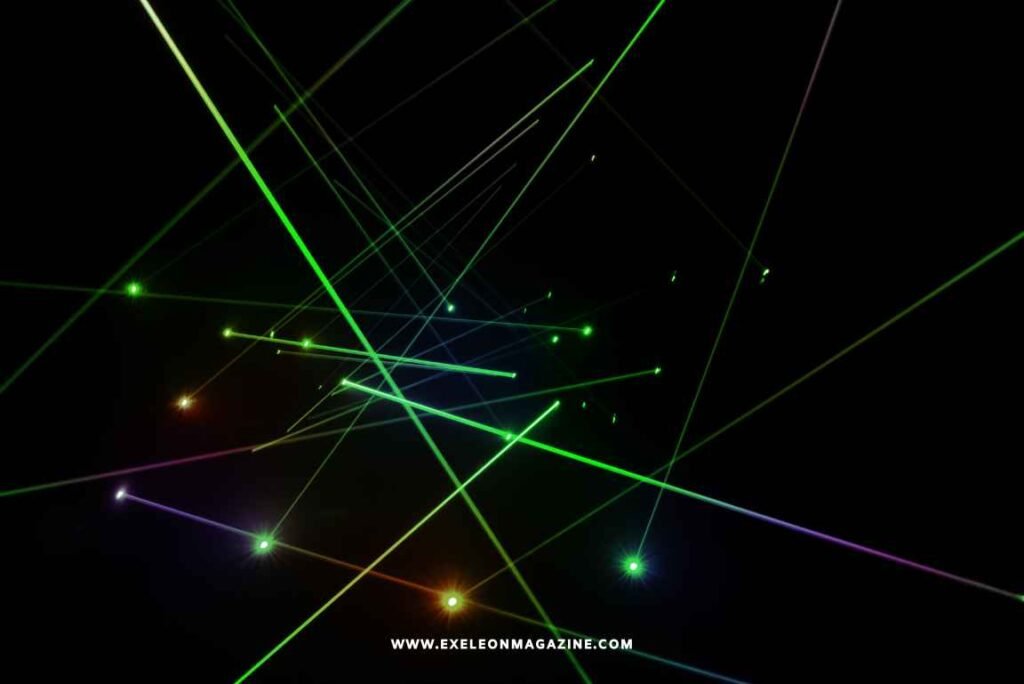In an age where precision, speed, and customization are more important than ever, laser technologies are no longer just boutique tools; they’re serious business enablers. From manufacturing and design to niche services and product customization, entrepreneurs are turning laser innovations into profitable ventures. Here’s how laser-based businesses thrive and what you should know if you’re thinking of starting one.
Why Lasers Are a Business-Game Changer
- Unmatched Precision
Lasers allow cutting, engraving, welding, and surface modification with micron-level accuracy. That level of detail means fewer mistakes, higher quality end products, and more premium pricing for bespoke or high-tolerance items. - Speed & Automation
Modern laser systems can operate continuously, integrate with robotics and CNC platforms, and be driven via software. That scalability lets a business move from small runs to larger orders without completely retooling. - Flexibility Across Materials
A single laser station (or a modular upgrade) can work with a variety of materials, such as wood, plastics, metals, glass, and composites. That flexibility lets a laser business pivot across industries rather than being locked into one material niche. - Low Margins on Consumables
Compared to many other digital fabrication processes, laser systems don’t require huge per-piece consumable costs. Once the capital investment is in place, the ongoing supplies (optics, maintenance, occasional parts) tend to be a smaller fraction of the cost of goods. - Growing Market Demand
The laser processing industry is booming. For example, the global market for laser cutting, engraving, and related systems is expanding rapidly, projected to grow from billions today to much larger valuations in the coming years. (Market forecasts show that the laser processing market may grow at a compound annual growth rate (CAGR) of around 8–9 % in the next few years.)
Business Models That Work with Laser Technology
Here are some proven or emerging models entrepreneurs use to build laser-power businesses:
- Custom Product Manufacture & Sales
Create designs or take client briefs to produce unique products: signage, home décor, jewelry, interior panels, custom tooling inserts, etc. - Contract / Job Shop Services
Act as a laser fabrication service for clients in other industries, prototyping, small runs, and custom parts. Many manufacturers or designers won’t invest in laser gear themselves but will outsource. - Laser Upgrades / Integration Services
Help existing CNC, milling, or fabrication shops integrate laser modules (or retrofit systems) and offer consulting, installation, or support. - Laser-As-A-Service (Subscription / Access Model)
Offer membership-based access, where clients rent time on a laser machine (pay by the hour, by usage). This lowers the entry barrier for small businesses or makers. - Hybrid Innovation Products
Combine laser capability with complementary technologies (IoT, sensors, robotics) to produce smart devices or add-ons, e.g., laser-etched electronics housing, micromachined parts with embedded features.
Key Elements for Success
If you want to turn laser innovation into a sustainable business, here’s what matters:
- Quality & Consistency
Your clients will expect repeatable results. That means rigorous calibration, documentation, quality control, and maintenance.
- Software & Workflow
The smooth functioning of design-to-production workflows (CAM/CAD pipelines, nesting, toolpath optimization, automation scripts) is essential. The more seamless your workflow, the more cost-effective you become.
- Market Niching & Differentiation
A laser business is unlikely to succeed if it competes purely on price. Success often comes from specializing, either by product, material, design style, or target industry (e.g., medical devices, architectural panels, luxury décor).
- Intellectual Property & Designs
Owning unique designs or clever processing techniques can set you apart. Proprietary processes, custom engraving effects, or combining laser work with finishes or composites can become your signature.
- Operational Scalability
Think about machine capacity, lead times, maintenance, staffing, and how your business grows. Upfront capital planning matters, especially for multiples of machine scale.
- Branding, Marketing & Channels
Because lasers allow for visual differentiation, your branding, presentation, and channels (online stores, local galleries, B2B contracts) are critical to reaching clients willing to pay for precision and craftsmanship.
How to Get Started (Without Reinventing the Wheel)
- Acquire a reliable laser platform or module
You don’t necessarily need to build a laser from scratch. Many suppliers like optlasers.com offer high-quality laser modules, components, or turnkey systems, helping accelerate your path. - Build a sample portfolio
Showcase what your laser can do, such as high-quality test cuts, engravings, and prototypes. This helps demonstrate the capability to clients or users. - Pilot small contracts
Start with small jobs, job-shop contracts, or local clients to validate your pricing, turnaround, and quality. - Invest in training & maintenance
Your skill in using and maintaining the laser is part of your competitive advantage. - Protect your designs & workflows
Use NDAs, intellectual property strategies, or keep core design algorithms in-house. - Scale strategically
Add machines, diversify material capability, or expand channels only when demand justifies it.
Why Precision Pays Off
Laser-based businesses succeed not just because of the hardware, but because they can offer something that cheaper mass-production or analog methods struggle to match: precision, customization, and high perceived value. Clients will pay for the ability to tailor a design, engrave at micro resolution, or produce unique features.
When your business becomes known for precision, reliability, and craftsmanship, you move beyond price competition and into a value-based model. And as laser technology evolves, so do the opportunities, meaning a business built now around precision has strong future potential.










